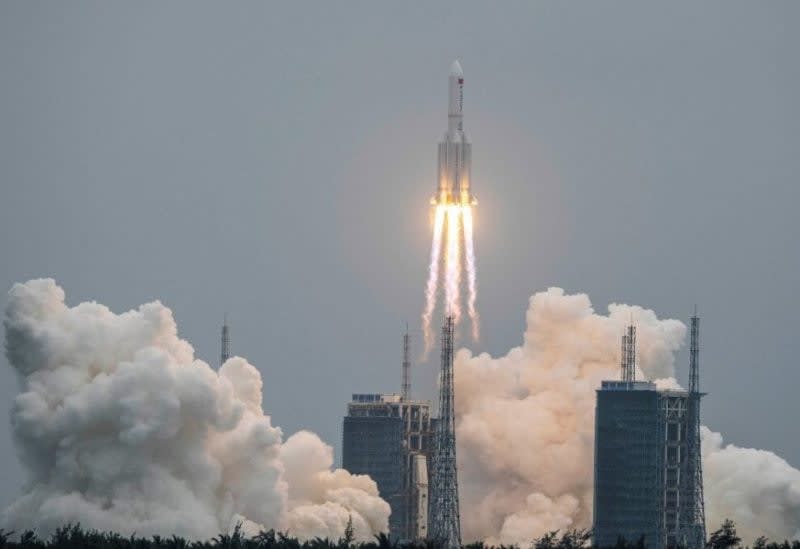German "SpectrUM" missile crashes shortly after being launched from Norway.

The Andøya Space Norwegian base in the North Pole witnessed the crash of the experimental rocket "Spectrum" about 40 seconds after its launch, in the first attempt to launch a satellite vehicle from European territories, on Sunday, March 30, 2025.
The incident occurred during a test flight conducted by the German startup company "Isar Aerospace," aiming to test the orbital launch capabilities of the rocket designed to carry small and medium-sized satellites.
The company confirmed that despite failing to achieve the main goal, the flight provided a significant amount of data that will help in developing future technologies.
"Spectrum" took off from the launch pad without payload, as a first step to test its integrated systems before advancing to more advanced stages.
This launch is part of the European competition to enter the satellite launch market, currently dominated by companies like the American "SpaceX" and the European "Arianespace."
Countries like Norway, Sweden, and Britain aspire to secure their position in this growing industry by developing local launch platforms, such as the Swedish "Esrange" base and the "Saxford" spaceport in Scotland.
The German Aerospace Industries Association (BDLI) emphasized the necessity of such attempts to ensure Europe's space independence. Marie-Christine von Hahn, the association's managing director, stated: "We should not rely solely on projects like 'Starlink,' but should develop our own infrastructure."
"Isar Aerospace" was not the only one facing obstacles, as the British company "Saxford" suffered a setback last year after one of its rockets exploded during tests.
The company still aims to launch its first satellite by the third quarter of 2025, while Sweden hopes to carry out its inaugural launch before the end of this year.
It is worth noting that the "Spectrum" rocket is designed to carry satellites weighing up to one metric ton, making it a potential competitor in the commercial launch market; despite the initial failure, this step is seen as part of a longer journey to enhance European capabilities in space.